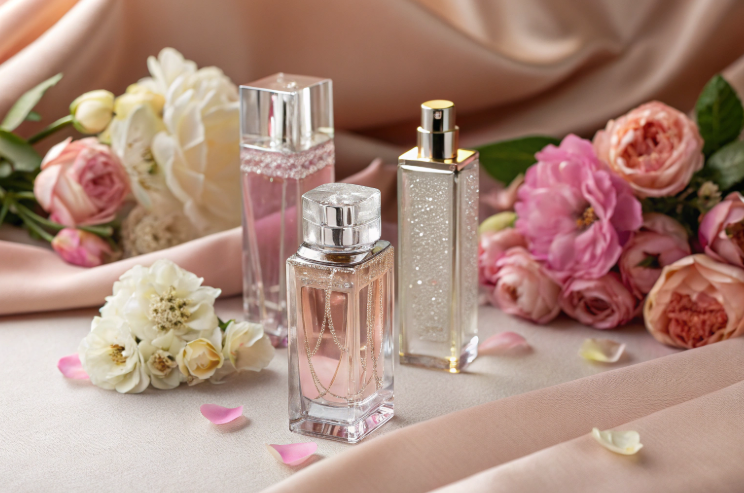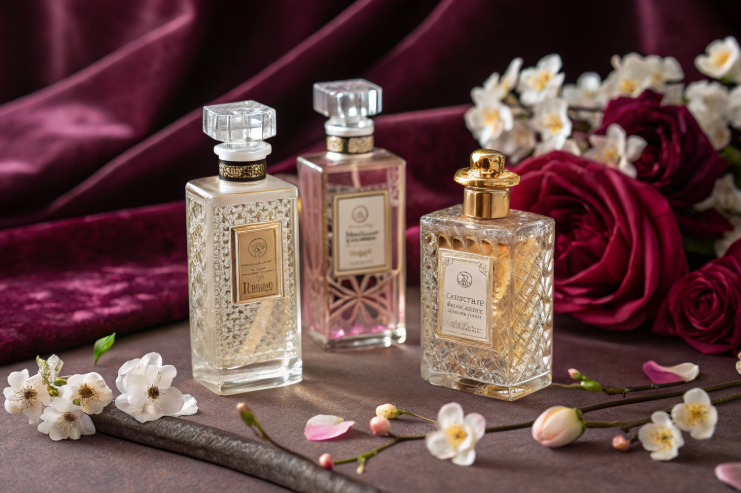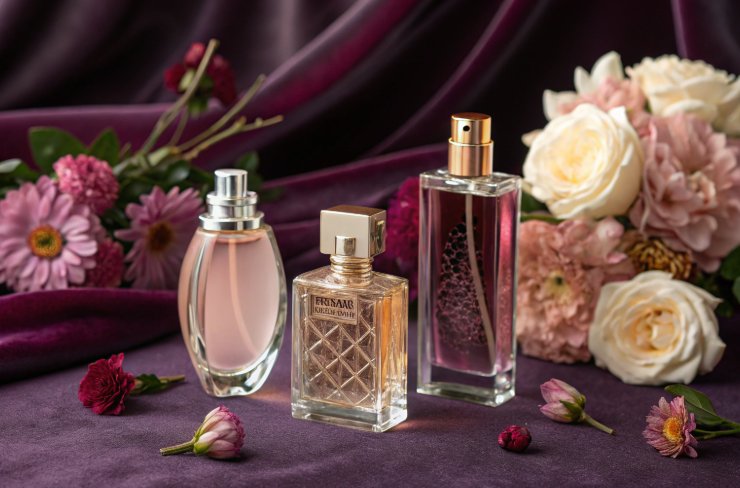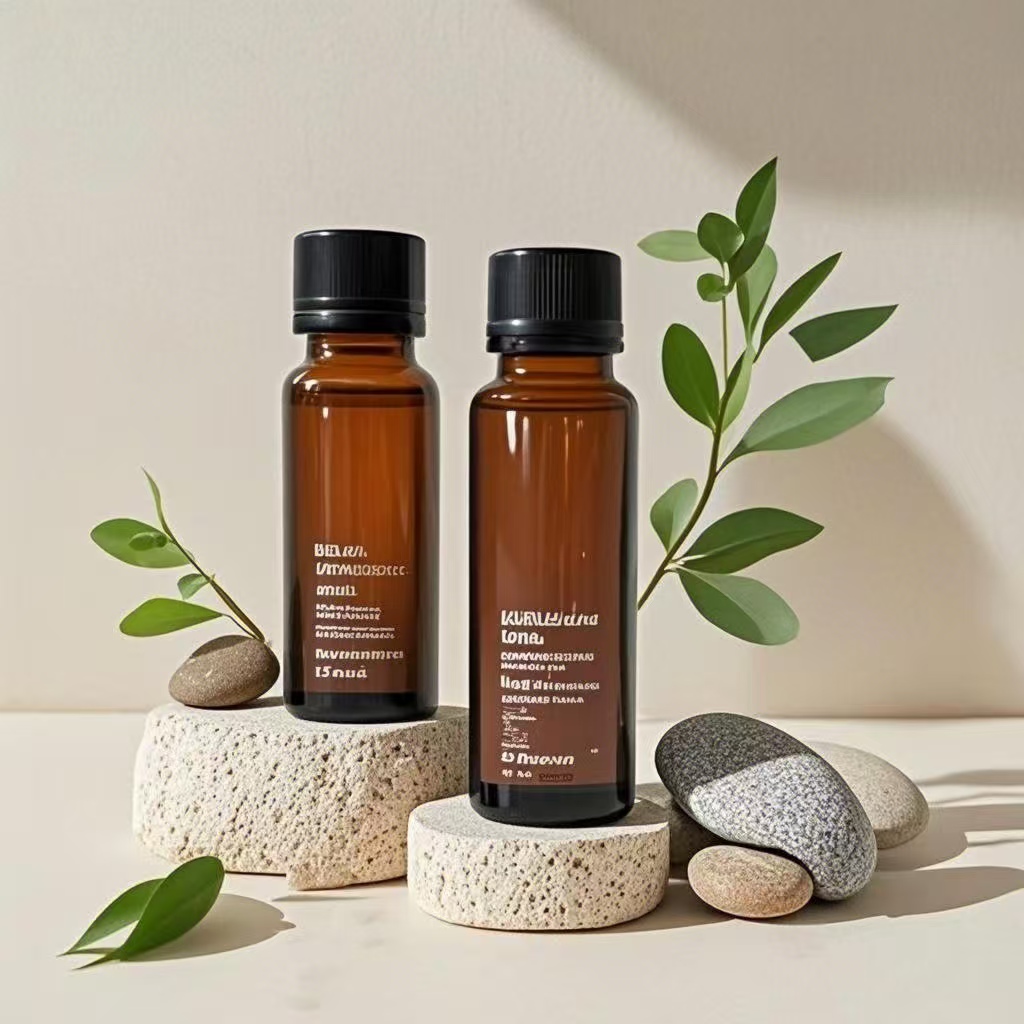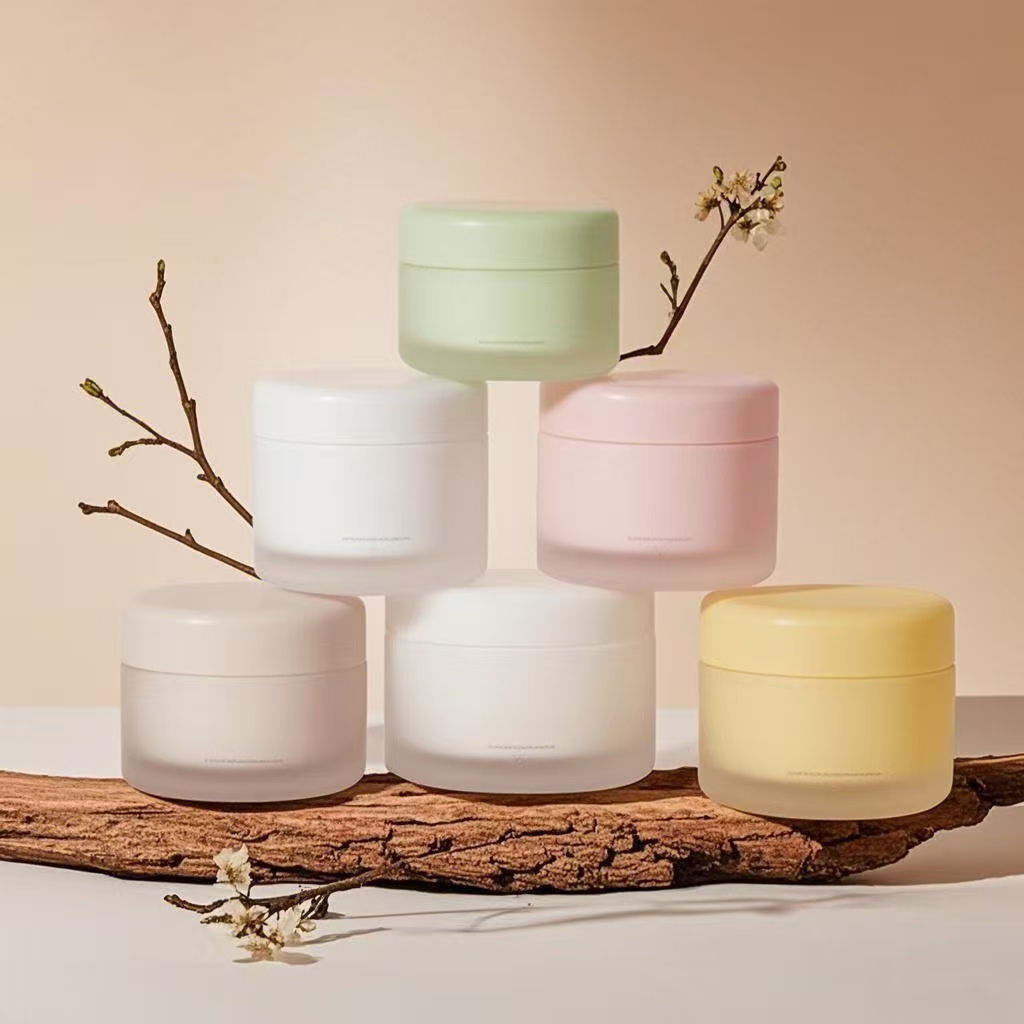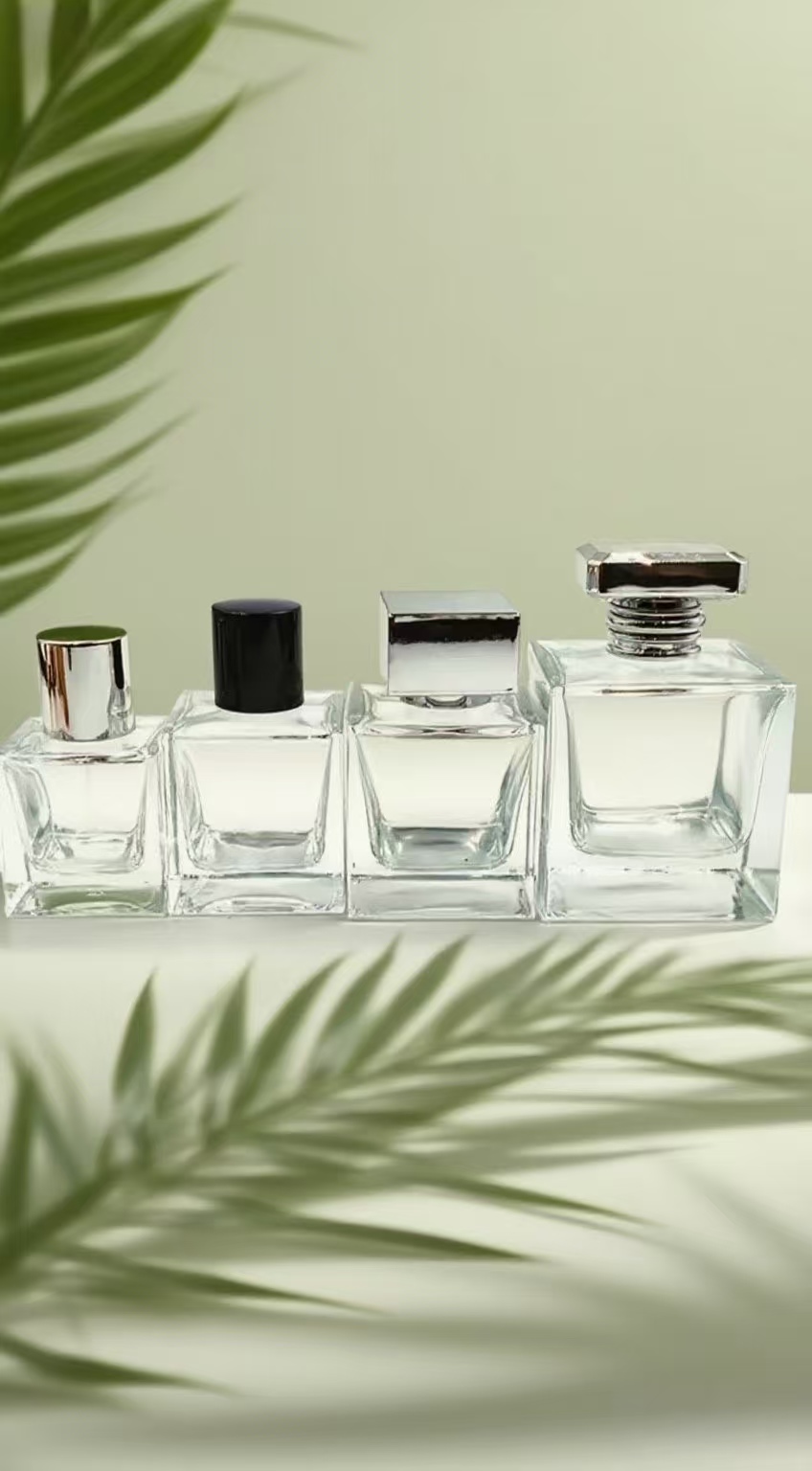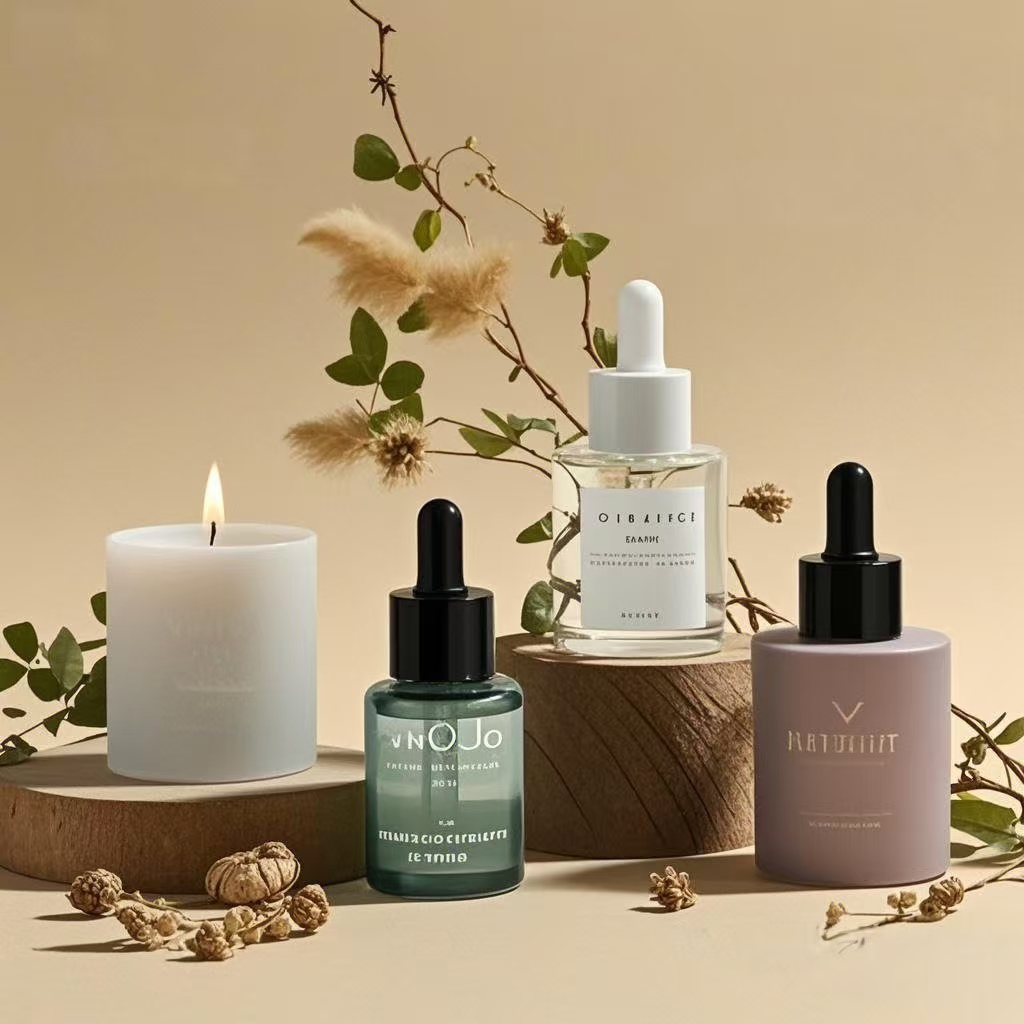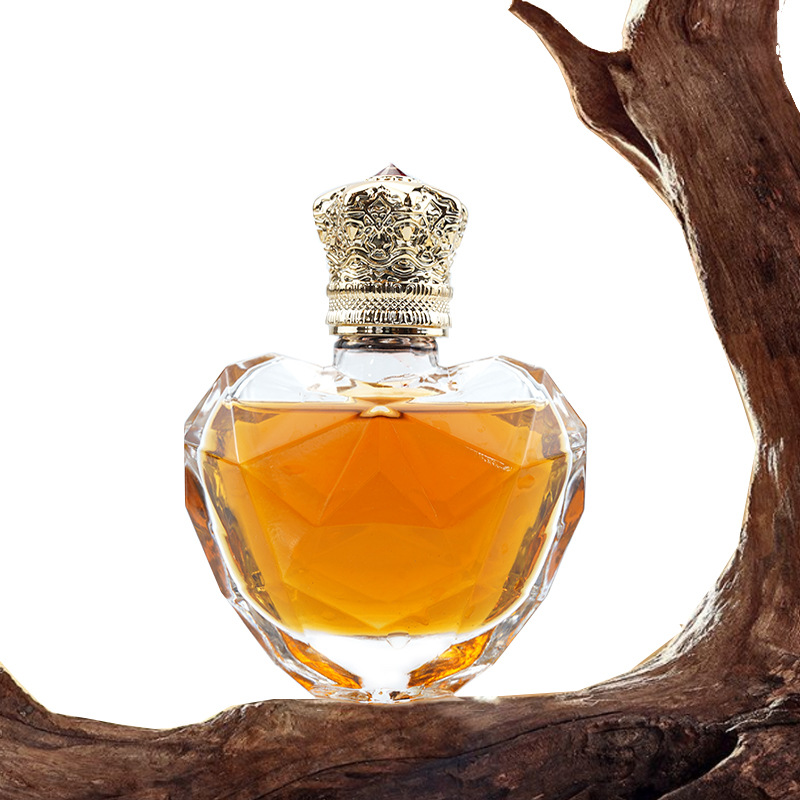Perfume is a cherished luxury, a personal signature that evokes memories, emotions, and style. But like all beauty products, perfume has a shelf life. Many people wonder: can perfume go off? How long does it last? What are the signs that a perfume has expired? And most importantly, how can you preserve your favorite scents for as long as possible? This article answers these questions in detail, explaining the science behind perfume expiration, how to detect when a perfume has gone off, and best storage practices. We will also highlight the crucial role of quality packaging, featuringwww.paupacking.com, a leader in innovative perfume packaging solutions that help extend fragrance longevity.
Does Perfume Expire?
Yes, perfume does expire. Unlike some cosmetic products with fixed expiration dates, many perfumes do not have a predetermined expiry printed on the packaging. The lifespan of a perfume depends largely on its ingredients, formulation, and storage conditions. Over time, exposure to air, light, heat, and humidity causes chemical changes in the fragrance molecules, leading to scent degradation, color changes, and texture alterations. While some perfumes can last for years unopened, once opened, oxidation begins, gradually altering the perfume’s original character.
Why Does Perfume Go Off?
Perfume is a complex blend of aromatic compounds, alcohol, and stabilizers. Several factors contribute to its eventual degradation:
-
Oxidation:When perfume is exposed to oxygen, fragrance molecules break down and change scent profile.
-
Light Exposure:UV rays accelerate chemical reactions that degrade perfume ingredients.
-
Temperature Fluctuations:Heat speeds up molecular breakdown, while cold can affect ingredient balance.
-
Humidity:Moisture can cause chemical reactions that alter the perfume’s composition.
-
Ingredient Quality:Natural essential oils and organic ingredients tend to degrade faster than synthetic ones.
How Long Does Perfume Last?
The shelf life of a perfume varies according to its composition and storage. Generally:
| Perfume Type | Typical Shelf Life | Notes |
|---|---|---|
| Heavy/Oriental (oud, amber) | 5 to 10 years | Base notes are more stable and long-lasting |
| Floral/Citrus | 1 to 3 years | Lighter notes evaporate and degrade faster |
| Natural/Organic | 6 to 18 months | Less preservatives, shorter shelf life |
| Eau de Parfum/Parfum | 3 to 7 years | Higher oil concentration, longer lasting |
| Eau de Toilette/Cologne | 2 to 5 years | Lower oil content, more volatile |
Signs Your Perfume Has Gone Off
Detecting whether a perfume has expired is essential to avoid unpleasant scents or skin irritation. The main signs include:
| Indicator | What to Look For |
|---|---|
| Scent | Sour, musty, or chemical smell; loss of original notes |
| Color | Darkening, cloudiness, or sedimentation |
| Texture | Thicker, cloudy, or presence of particles |
| Expiry/Batch Code | Expired PAO symbol or old batch code |
| Skin Reaction | Redness, itching, or irritation after application |
1. Change in Scent
If your perfume smells noticeably different—sour, vinegary, or chemically harsh—it has likely gone off. The top notes often deteriorate first, causing the fragrance to lose its original balance.
2. Change in Color
Perfumes darken naturally over time. A shift from clear or pale to amber, brown, or cloudy indicates chemical changes. Sediment or particles at the bottom of the bottle also signal expiration.
3. Change in Texture
If the perfume becomes thicker, cloudy, or has visible particles, it is no longer safe or pleasant to use.
4. Expiry Date or Batch Code
Some perfumes have an expiration date or PAO (Period After Opening) symbol printed on the bottle or packaging. Batch codes can be checked online to determine the production date and estimate the perfume’s age.
5. Skin Reaction
If a perfume you have used before suddenly causes redness, itching, or irritation, it may have degraded and should be discontinued.
How to Store Perfume to Extend Its Life
Proper storage is key to preserving perfume quality. Follow these expert tips:
1. Store in a Dark, Dry Place
Avoid direct sunlight and artificial light, which degrade fragrance molecules. Ideal spots include drawers, cupboards, or the original box.
2. Maintain a Consistent, Cool Temperature
Avoid temperature fluctuations and heat sources like radiators or windowsills. A cool, stable environment such as a wardrobe is best.
3. Keep Bottles Sealed Tightly
Always replace caps securely to minimize air exposure and evaporation.
4. Avoid Humidity
Moisture accelerates perfume degradation. Avoid storing perfumes in bathrooms or other humid areas.
5. Use Original Packaging
The original bottle and box are designed to protect perfume from environmental damage. Avoid transferring perfume to other containers.
| Storage Tip | Reason |
|---|---|
| Dark, dry location | Prevents light-induced chemical breakdown |
| Cool, stable temperature | Slows oxidation and evaporation |
| Sealed bottle | Minimizes air exposure and scent loss |
| Original packaging | Provides protection from light, moisture, and temperature |
| Avoid humidity | Reduces risk of chemical degradation |
The Role of Packaging in Perfume Longevity
Packaging plays a vital role in protecting perfume from the elements that cause it to go off. High-quality packaging materials and design features can significantly extend a perfume’s shelf life.www.paupacking.comspecializes in creating premium, customperfume bottlesand packaging that:
-
Use UV-blocking glass to shield contents from harmful light
-
Feature airtight seals to prevent oxidation and evaporation
-
Employ eco-friendly and durable materials for consistent protection
-
Offer elegant, functional designs that enhance brand image and consumer confidence
By investing in advanced packaging solutions fromwww.paupacking.com, perfume brands ensure their fragrances remain fresh, safe, and true to their original scent for longer periods.
Can Unopened Perfume Go Off?
Unopened perfume can last for many years, sometimes decades, if stored properly. The absence of oxygen and minimal exposure to light or heat preserves the fragrance. However, even unopened perfumes can degrade if stored in poor conditions.
Can You Extend the Life of Perfume?
Yes, by following proper storage guidelines, you can maximize perfume longevity. Additional tips include:
-
Only open a new bottle when you have finished the previous one to reduce oxidation.
-
Choose perfumes with higher oil concentrations and stable base notes for longer shelf life.
-
Avoid rotating between many open bottles to minimize exposure to air.
When to Replace Your Perfume
Replace your perfume if you notice:
-
A sour, off, or chemical smell
-
Darkened or cloudy liquid with sediment
-
Changes in texture or presence of particles
-
Skin irritation after use
-
Expired batch code or PAO date
Using fresh perfume ensures the best fragrance experience and reduces risk of adverse reactions.
Frequently Asked Questions
Does perfume have an expiration date?
Not all perfumes display an expiration date, but many have a PAO symbol or batch code to help determine freshness.
Is expired perfume harmful?
Expired perfume may cause skin irritation or allergic reactions and will not smell as intended.
How can I tell if my perfume is still good?
Check for changes in scent, color, and texture, and verify any expiration or batch codes.
Does unopened perfume last longer?
Yes, unopened perfume lasts longer but still requires proper storage to maintain quality.
How does packaging affect perfume shelf life?
High-quality packaging from companies likewww.paupacking.comprotects perfume from light, air, and temperature changes, prolonging its life.
Conclusion
Perfume is a delicate blend of art and chemistry, and like all fine products, it can go off over time. Understanding how and why perfume expires, recognizing the signs of degradation, and storing your fragrance properly will help you enjoy your scents at their best. Quality packaging plays a crucial role in preserving perfume integrity, andwww.paupacking.comleads the industry in providing innovative, protective packaging solutions. By caring for your perfume and choosing brands that prioritize packaging excellence, you ensure your signature scent remains vibrant and captivating for years to come.




